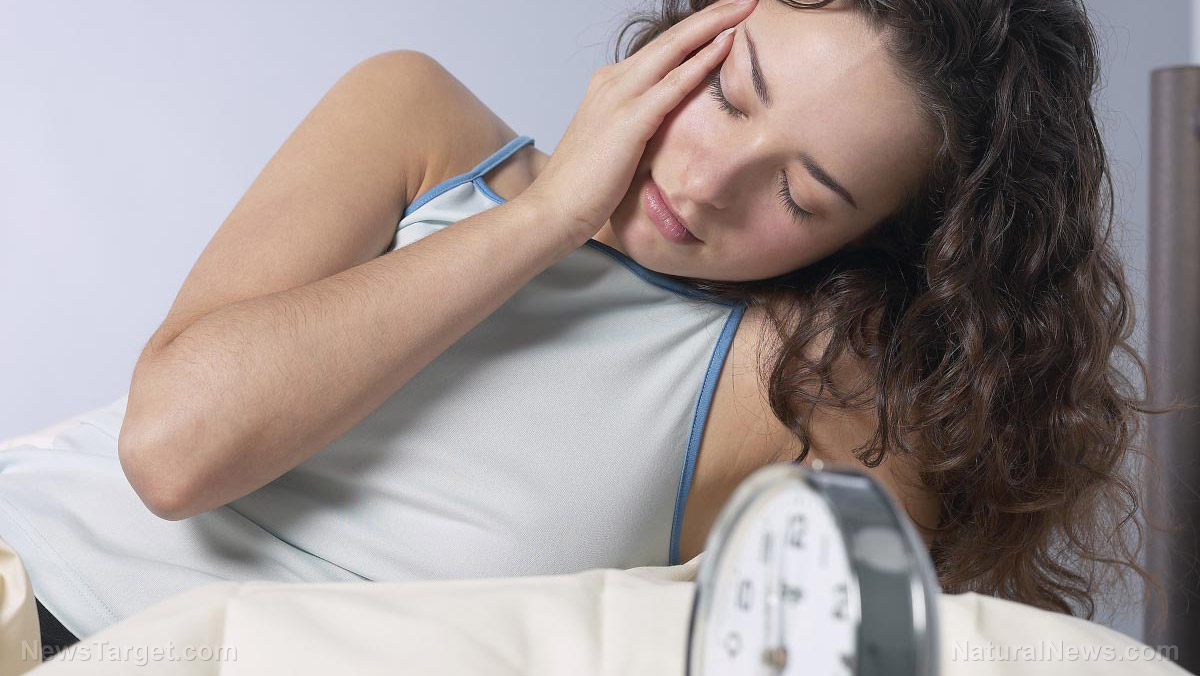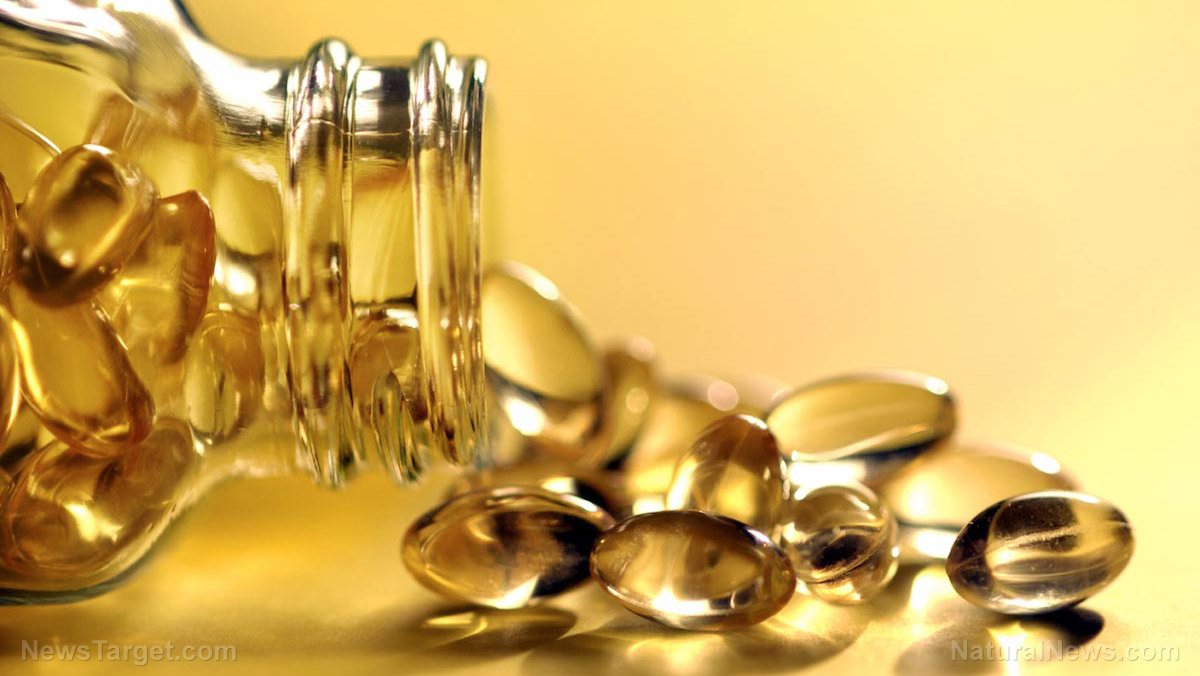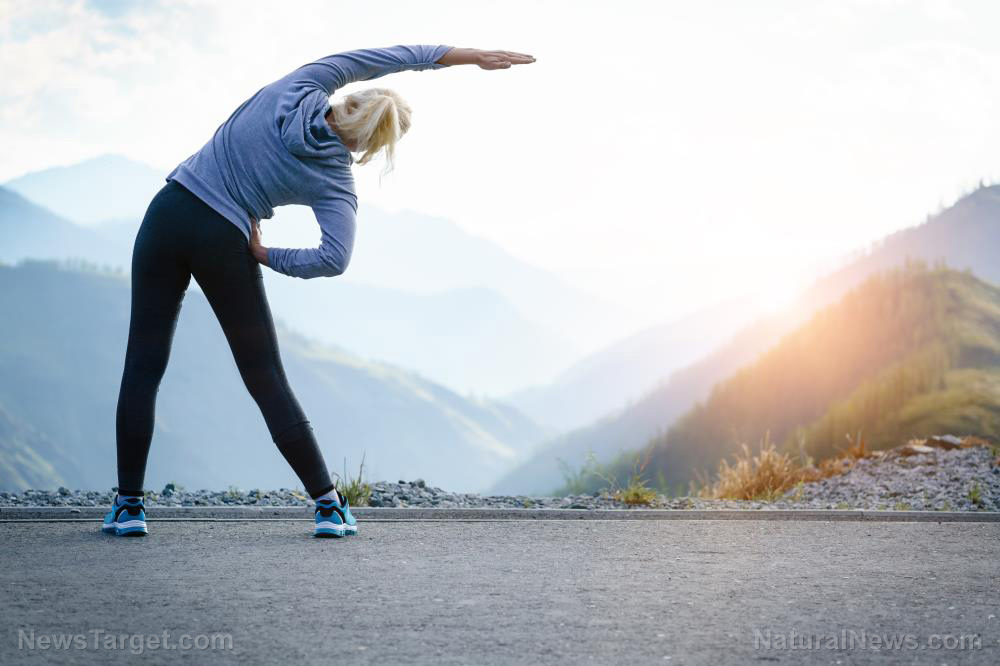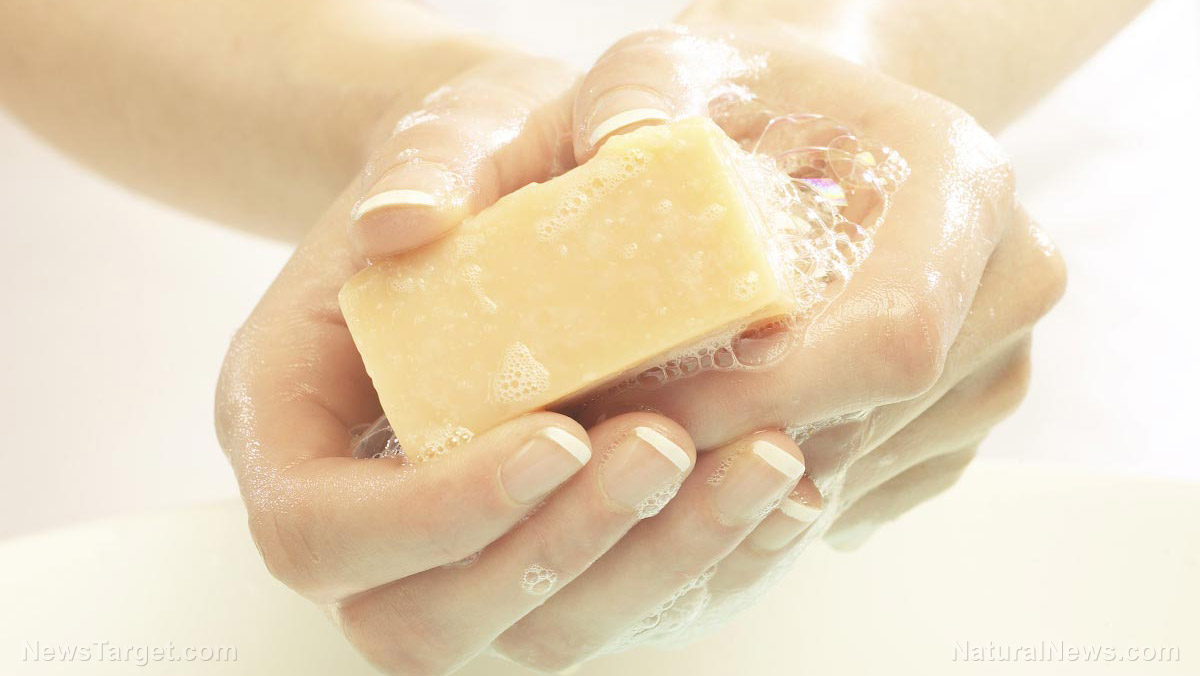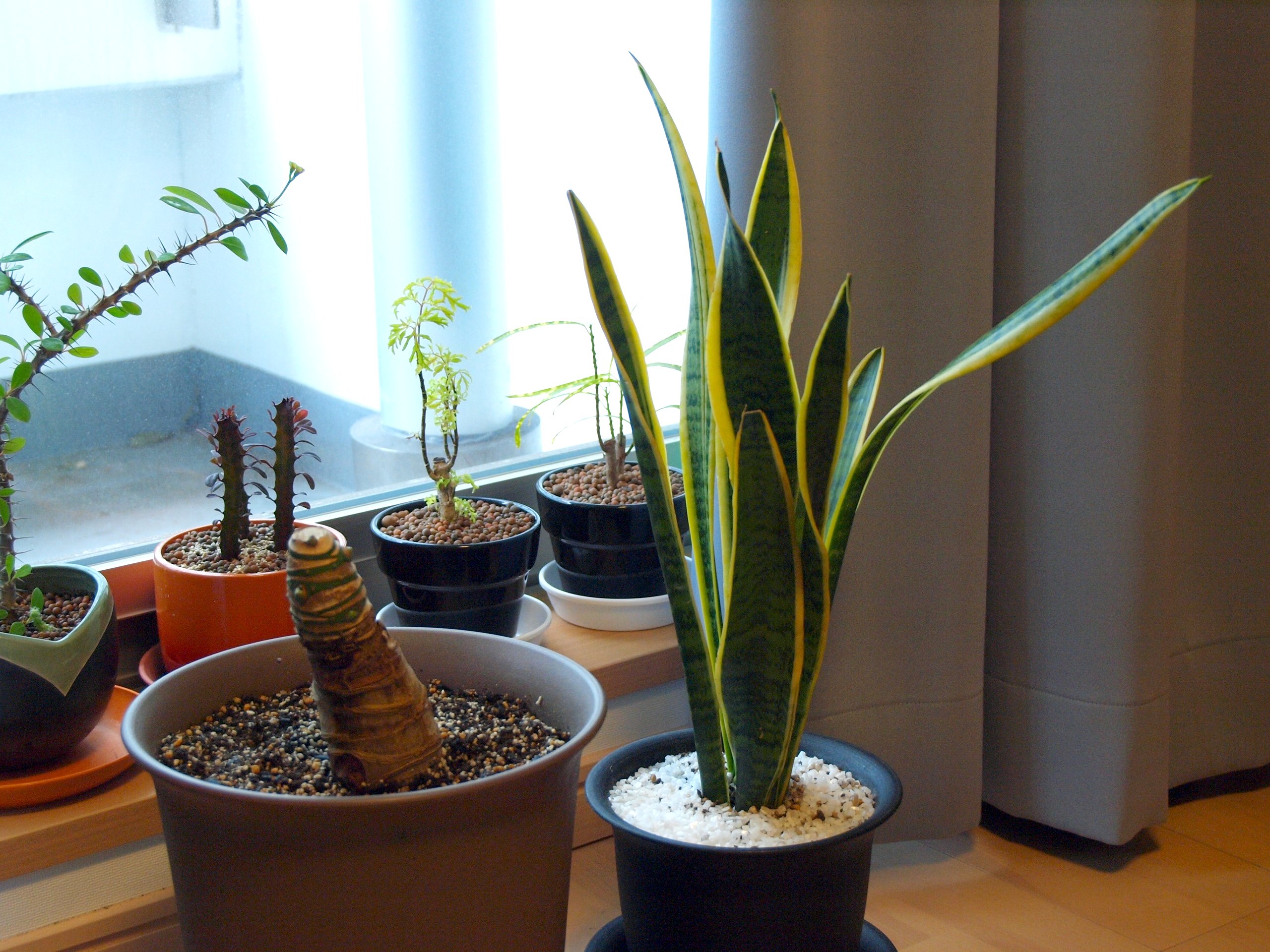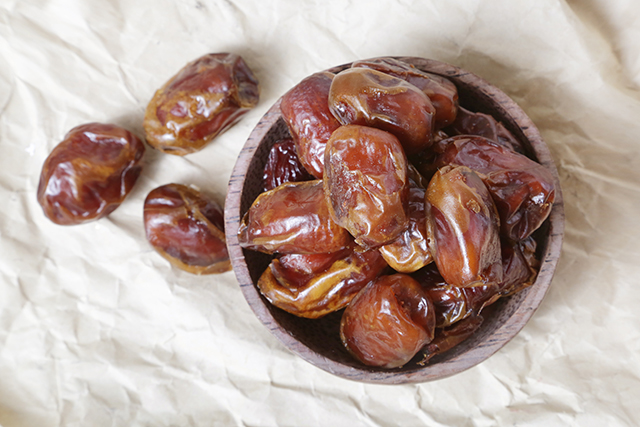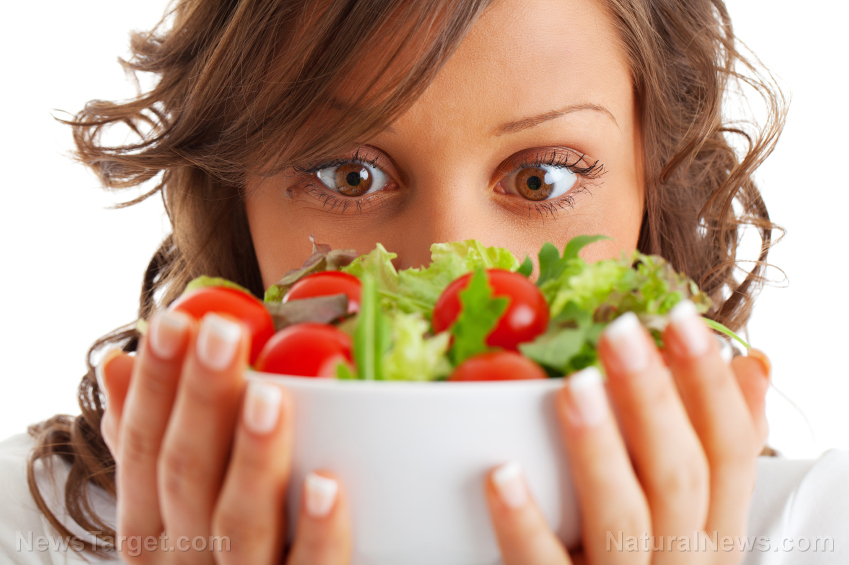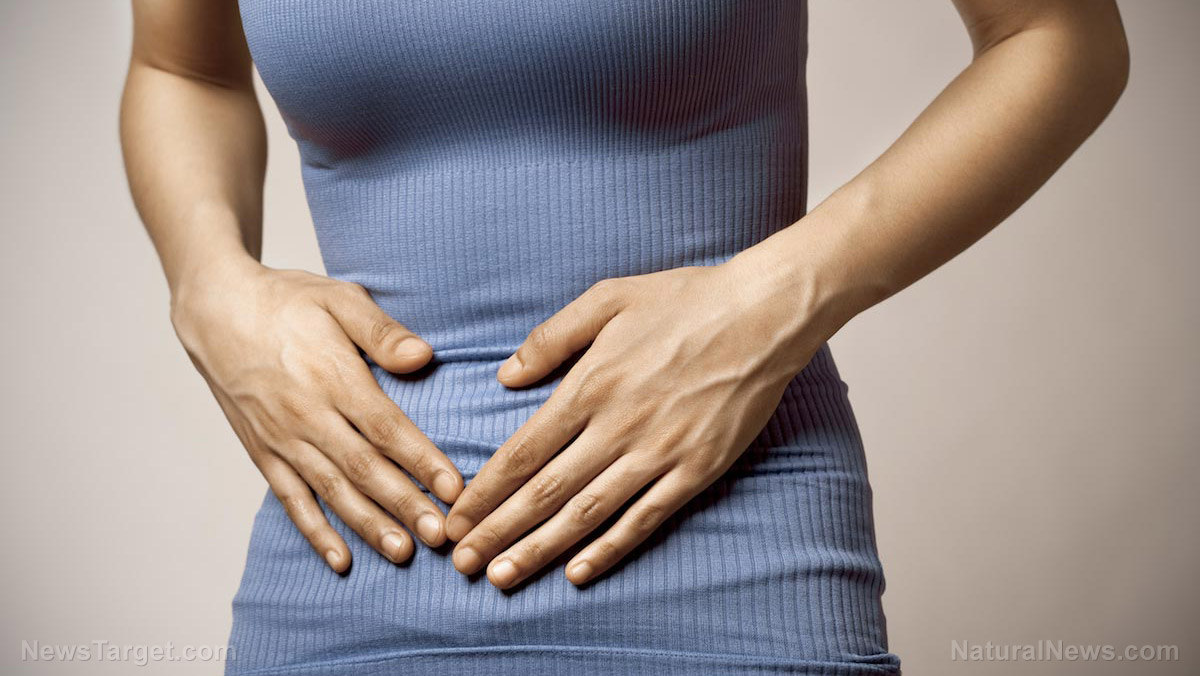Daily iron supplementation improves the health of menstruating women
09/27/2018 / By Michelle Simmons
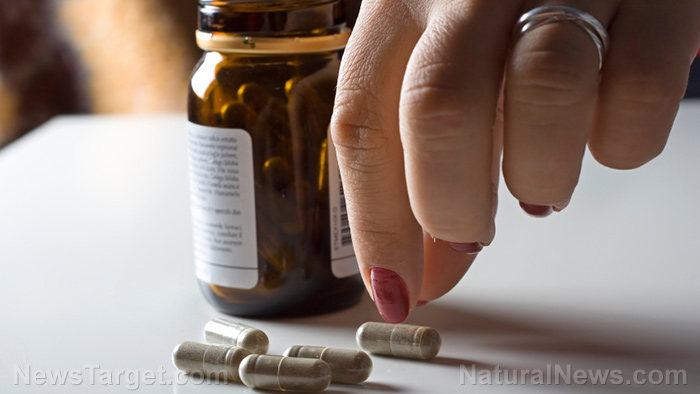
Menstruating women, especially those who live in low-income countries, tend to be deficient in iron. Low levels of iron can negatively affect the health of these women. To prevent and treat this condition, most of them use iron supplements. A team of Cochrane researchers based in Australia, Canada, and the U.K. conducted a review of studies on the health benefits of taking oral iron supplements in menstruating women.
For the study, the research team, in collaboration with the Cochrane Developmental, Psychosocial and Learning Problems Group, reviewed 67 trials with 8,506 total participants. The trials compared taking oral iron supplements daily with or without a co-intervention, such as folic acid or vitamin C, for at least five days each week at any dose, to not taking iron. The participants in the trials were between the ages of 12 and 50.
Based on their review, the research team saw that there was evidence that iron supplements reduced the prevalence of anemia and iron deficiency. In addition, iron supplements increased levels of hemoglobin in the blood. Taking iron supplements also improved exercise performance and reduced symptomatic fatigue in menstruating women. However, the team also noted that taking iron supplements may cause gastrointestinal side effects, such as constipation and abdominal pain, which should be taken into consideration.
The findings of this study review established evidence for the beneficial effects of daily supplementation with iron on anemia and iron status, and on physical, psychological, and neurocognitive health, in menstruating women.
The researchers concluded that daily iron supplementation helps prevent and treat iron deficiency in menstruating women. (Related: 10 Warning Signs of Iron Deficiency You Need To know.)
Increasing iron levels with food
Iron is a vital mineral in the body. It is important to consume adequate amounts of it. In addition to iron supplements, you can get iron from the foods you eat. In foods, iron is present in two forms — heme and non-heme. Heme iron is obtained in animal foods that have hemoglobin. This is also the best form of iron because around 40 percent of it is immediately absorbed by the body. You can get great amounts of heme iron from the following animal foods:
- Beef
- Chicken
- Fish, such as haddock, halibut, perch, salmon, and tuna
- Pork
- Shellfish, such as clams, mussels, and oysters
On the other hand, non-heme iron is mainly found in plant foods. This form of iron is added to foods enriched or fortified with iron. However, this type of iron is absorbed less efficiently by the body compared to heme iron. You can get great amounts of non-heme iron from the following foods:
- Beans, such as lentils and soybeans
- Dark green leafy vegetables, such as spinach and kale
- Dried fruits, such as raisins and apricots
- Fortified cereals, rice, wheat, and oats
The foods you eat also affect how well iron is absorbed in the body. The following foods help you absorb more iron:
- Foods rich in vitamin C, such as citrus fruits, dark green leafy vegetables, bell peppers, melons, and strawberries
- Foods rich in beta-carotene and vitamin A, such as carrots, sweet potatoes, spinach, kale, squash, red peppers, cantaloupe, apricots, oranges, and peaches
The following foods can hinder iron absorption:
- Foods that contain phytate, or phytic acid, such as cereals, legumes, nuts, soy, and whole grains
- Foods rich in calcium, including milk and cheese
- Foods that contain polyphenols, such as coffee and tea
Read more news stories and studies on women’s health by going to WomensHealth.news.
Sources include:
Tagged Under: anemia, iron, iron deficiency, iron supplements, menstruating women, nutrients, prevention, women's health




